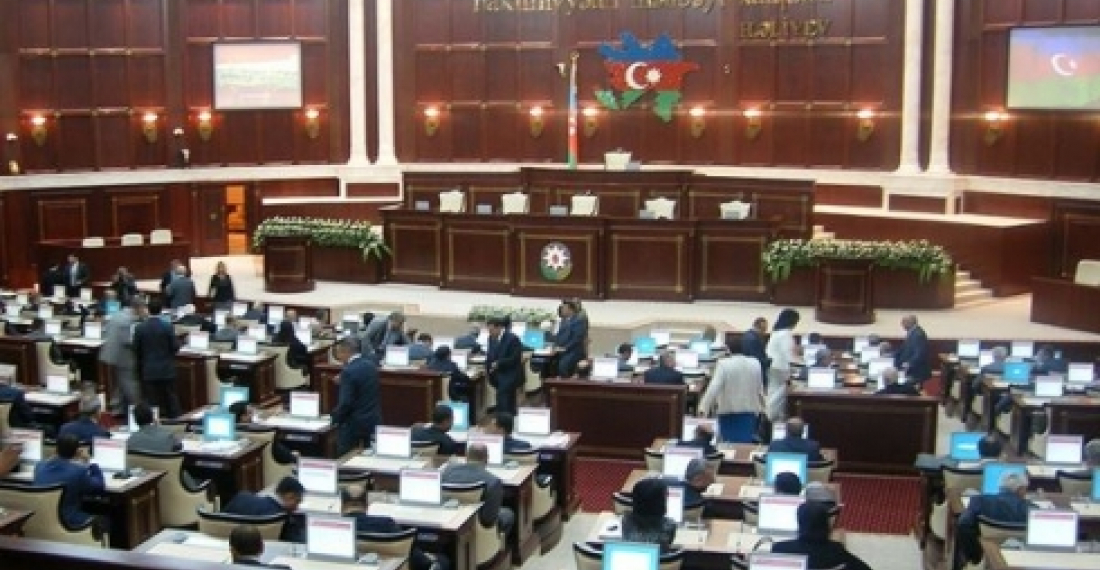A proposal to adopt a seperate law on Karabakh has been submitted to the Parliament of Azerbaijan, following a discussion in the Parliament a few days ago during which some MPs criticised comments by the Russian Foreign Minister, Sergei Lavrov, whilst he was visiting Yerevan.
"If Azerbaijan has a single law on occupied territories, Armenian separatists in Nagorno-Karabakh won't be able to participate in any economic programs", a member of the Parliamentary Committee on Security and Defence, Zahid Oruj, told Trend News Agency on Tuesday. He stressed that it will also stop international organisations from allocating funds to Nagorno-Karabakh.
"The Armenian separatists of Karabakh establish relations with various foreign organizations. Through the embassies abroad Azerbaijan sends notes, requests. But after the adoption of a specific law on Karabakh as a territory of Azerbaijan its sovereign rights will be taken into account implicitly, and any foreign, economic and political ties of Karabakh will not be recognized," he said.
Under the provisions of the law, it will not be allowed to sign any contracts with any of the structures with prejudice to Karabakh, any international or national documents relating to the Karabakh will be declared invalid, the MP said.
Often citizens of various foreign countries, culture and art workers, and sometimes MPs go to Karabakh, Oruj said. Their names are entered only in the "black list" prepared by the Ministry of Foreign Affairs of the Republic.
"I have prepared a similar bill on Karabakh," a member of the Parliamentary Committee on Legal Policy and State Building, MP Gudrat Hasanguliyev told Trend on Tuesday.
He said he has repeatedly raised this issue at previous sessions of Parliament, and stressed the importance of adopting a law on the occupied territories. He said the prepared bill will be submitted to the committee.
Commonspace.eu political editor said in a comment that "Georgia adopted a similar law, following the 2008 war with Russia, and it was the subject of a lot of controversy and tensions with the international community. The law was eventually watered down, but many still feel that it is neither helpful for Georgia, nor for the efforts to resolve the problems in Abkhazia and South Ossetia. What it does is it makes both territories even more dependant on Russia, it isolates them from broader international processes and it undermines efforts at building confidence between the communities across the conflict divide. A similar law in Azerbaijan will have the same effect and worse. Azerbaijan already has strict policies with regards to engagement with the de facto authorities in Nagorno-Karabakh. These policies are not always implemented evenly and there is a need for more transparency on the matter.
Commonspace.eu political editor added "Many of the concerns of the Governments of Georgia and Azerbaijan can already be addressed through international law and do not need a specific domestic legislation. If the Parliament of Azerbaijan decides to take forward the idea of a seperate law on this issue it should consult extensively with the international community in order to ensure that the legislation will not create harmful and unexpected side effects."
source: commonspace.eu with Trend News Agency
picture: The Parliament of Azerbaijan (archive picture)







